Iranian diplomat urges reinforcement of multilateralism, opposition to ‘excessive unilateralism’
A senior Iranian diplomat has stressed the urgent need to revitalize multilateralism and uphold the principles enshrined in the United Nations Charter on the global stage, while denouncing the erosion of international norms due to the rise of unilateral coercive measures.
The deputy for legal and international affairs at Iran’s Foreign Ministry, Kazem Gharibabadi, made the remarks at the third meeting of national coordinators of the Group of Friends in Defense of the UN Charter, a UN grouping, which convened in Moscow on Monday with the participation of senior officials and deputy foreign ministers from 20 countries.
Addressing the high-level session, the Iranian official warned that “excessive unilateralism” by certain international actors had severely undermined the UN Charter, pushing multilateral diplomacy to “its most fragile state since the World War II.”
He lamented that eight decades after the United Nations foundation, the organization’s core mission, namely protecting future generations from the scourge of war and upholding international peace and security, had been compromised by the selective actions of some states.
"Today, the United Nations and its institutions, which were supposed to serve international peace and security, have turned into instruments of pressure in the hands of a few countries to impose their political will on others," Gharibabadi said.
He pointed to the ongoing US-backed Israeli war of genocide on the Gaza Strip as a glaring example of the UN Security Council’s failure to act.
He said the collective punishment of Gaza's civilians and the deliberate targeting of vital infrastructure are flagrant violation of international humanitarian law.
“As we are witnessing in the genocide committed by the Zionist regime and its allies in Gaza, the Security Council has been effectively prevented from fulfilling its inherent responsibilities.”
The diplomat argued that such inaction was the result of deliberate obstruction by states that acted in defiance of the international law and the UN Charter, thereby weakening the credibility of global governance structures.
He was referring to the Israeli regime’s successive instances of refusal to abide by the United Nations resolutions prohibiting its occupation of the Palestinian territories and aggression against Palestinians as well as numerous efforts by the United States, Tel Aviv’s biggest ally, to obstruct the world body’s passage of anti-Israeli measures.
Reiterating Iran’s long-standing foreign policy orientation, Gharibabadi, meanwhile, said the Islamic Republic continued to support multilateral approaches as the most viable path for resolving international issues.
He proposed a set of strategic priorities for the Group of Friends to adopt, including promoting genuine multilateralism while rejecting all forms of unilateralism as well as putting up firm and principled opposition to unilateral coercive measures.
The official also advocated defending state sovereignty and the principle of non-interference in internal affairs, peaceful and diplomatic solutions to global conflicts, supporting reforms within the United Nations, especially the Security Council, advancing the international law and justice, and opposing politicization of legal mechanisms.
The Group of Friends in Defense of the UN Charter has emerged as a platform for collective resistance against illegal sanctions, external interventions, and geopolitical coercion, advocating instead for inclusivity, mutual respect, and rule-based multilateralism.
As well as exploring joint mechanisms to counter unilateralism and addressing the issue of forging stronger cooperation among nations committed to defending the UN Charter, the Moscow meeting discussed elimination of vestiges of colonialism, and tackling of regional and global crises, including those in Palestine and Ukraine.
Observers note that the gathering came amid growing calls among Global South nations, including members of the BRICS group of nations, to reconfigure the existing world order, one that has been increasingly skewed in favor of a few hegemonic powers.
Iranian President Masoud Pezeshkian emphasized during a trip to Russia late last year that such efforts reflected a “global equation shift” aimed at building a more just and balanced international system.
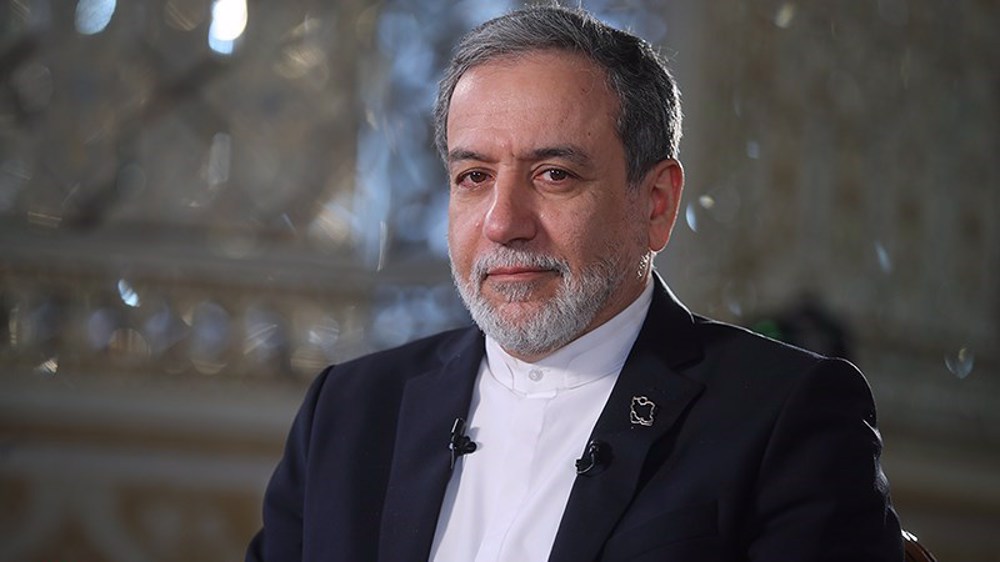
Iran’s FM warns of Israeli attempts to derail diplomacy through various tactics
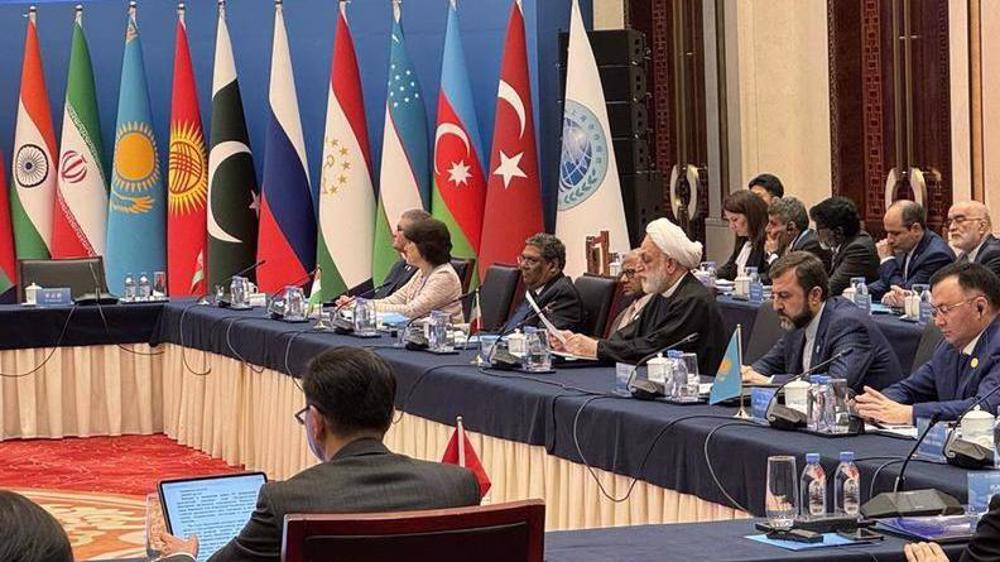
Iran unveils legal strategies for SCO states to counter challenges
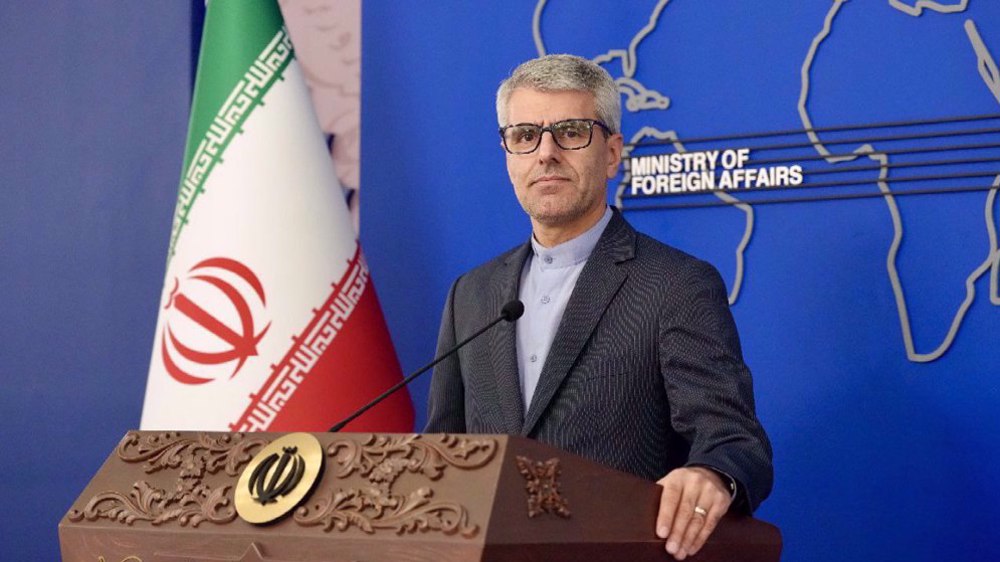
Iran: New sanctions show US 'lack of goodwill' in talks with Tehran
China deploys naval group in warning to US, Philippines over drills
Iran elected to chair judicial summit of Shanghai group in 2026
Iran FM says ready to visit Paris, Berlin, London for diplomacy
Iran petroleum minister in Russia to boost economic cooperation
Over 100 rabbis, cantors slam Trump for pro-Palestine campus crackdown
Nearly 30 Palestinians killed in fresh Israeli strikes on Gaza
VIDEO | Press TV's news headlines
FBI, local police raid homes of pro-Palestine activists in Michigan


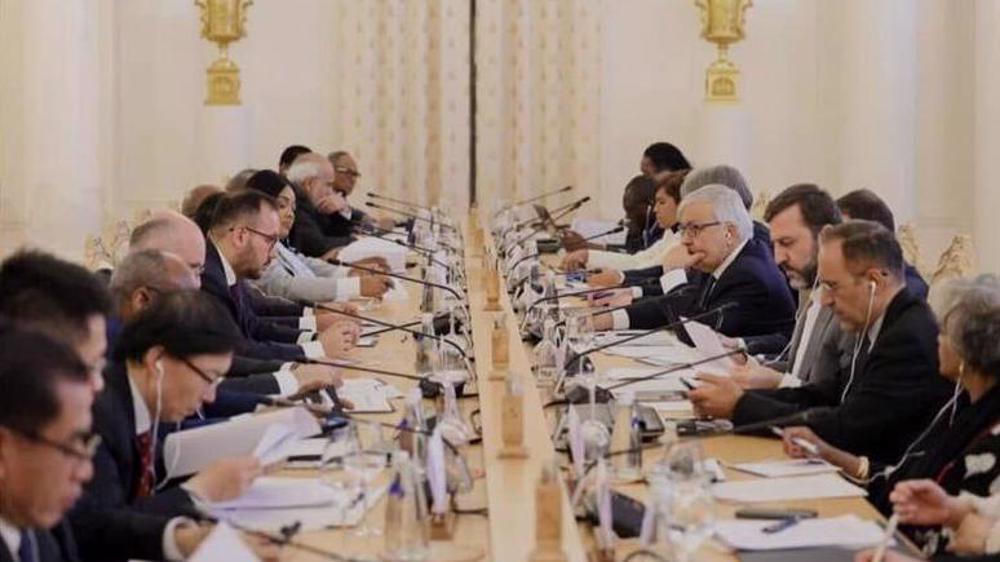
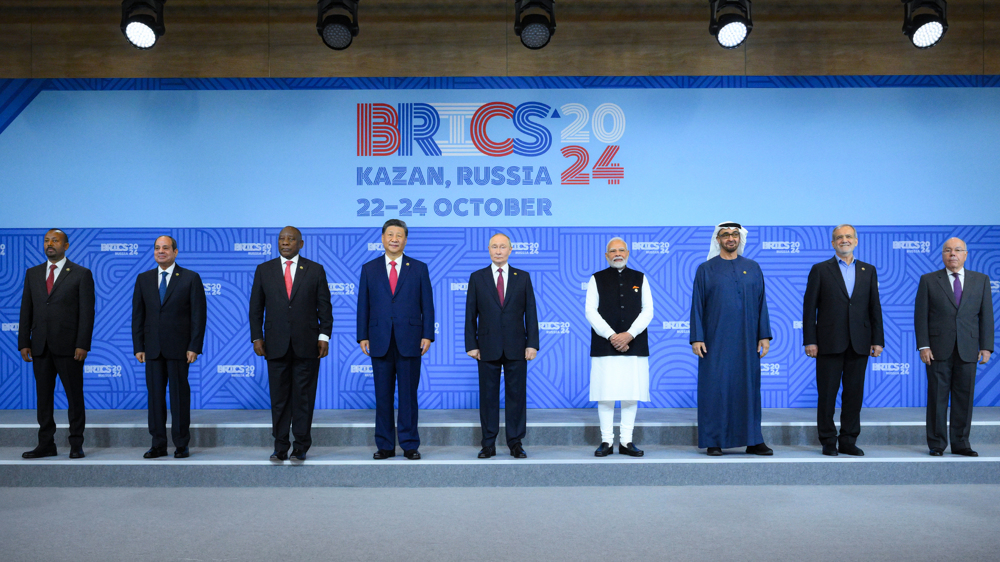
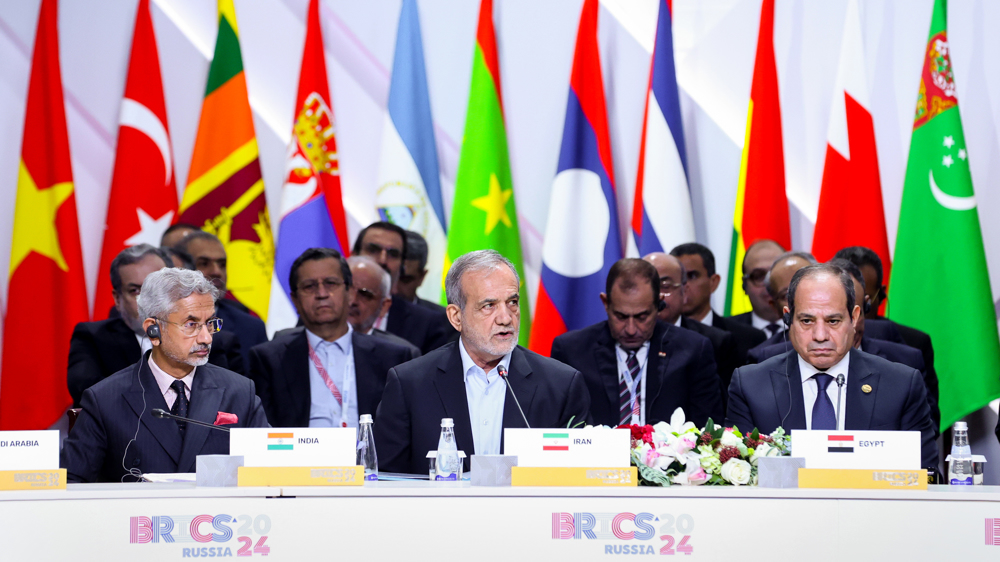



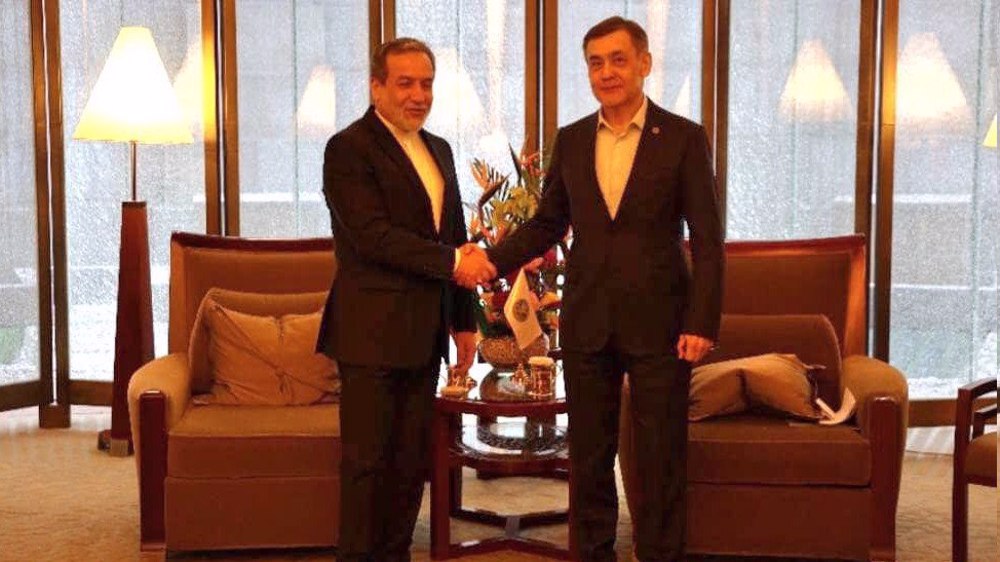
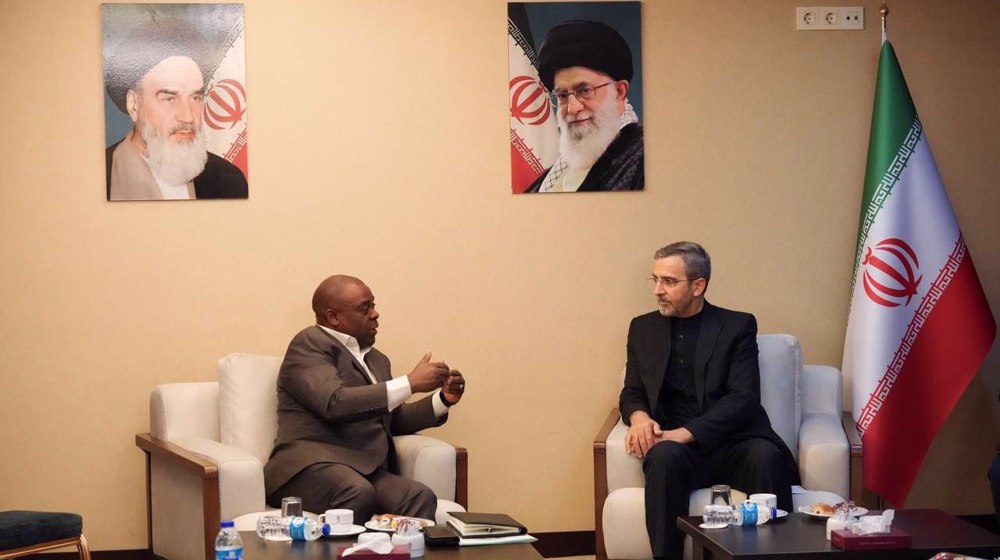
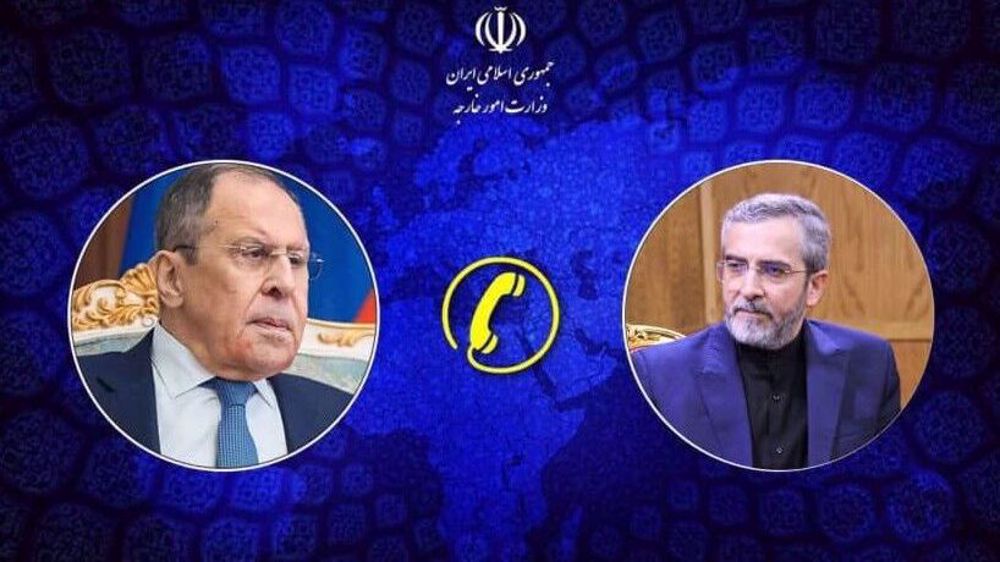

 This makes it easy to access the Press TV website
This makes it easy to access the Press TV website